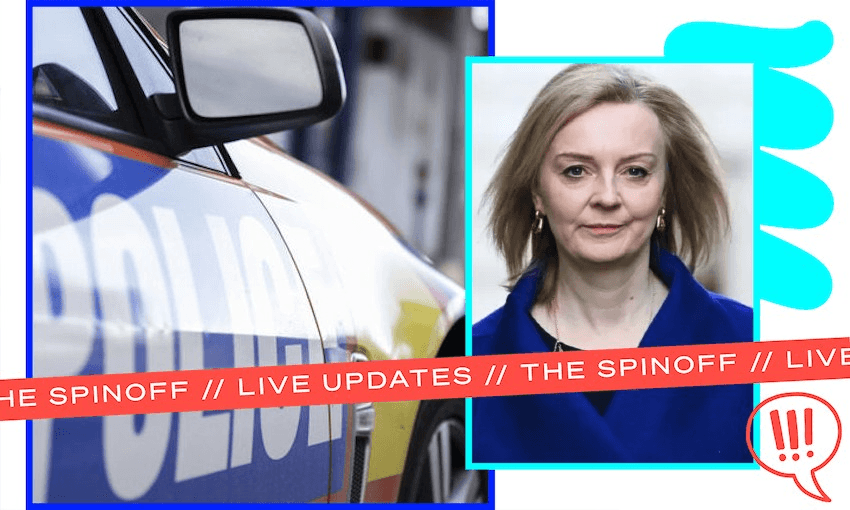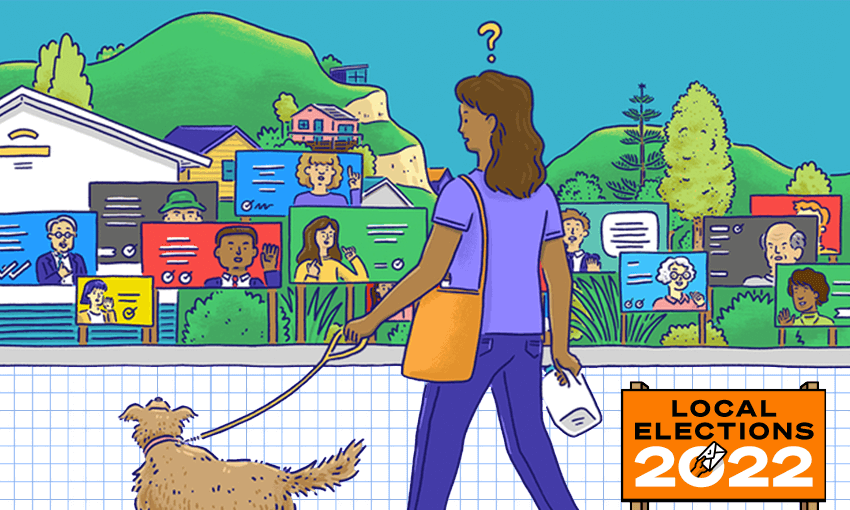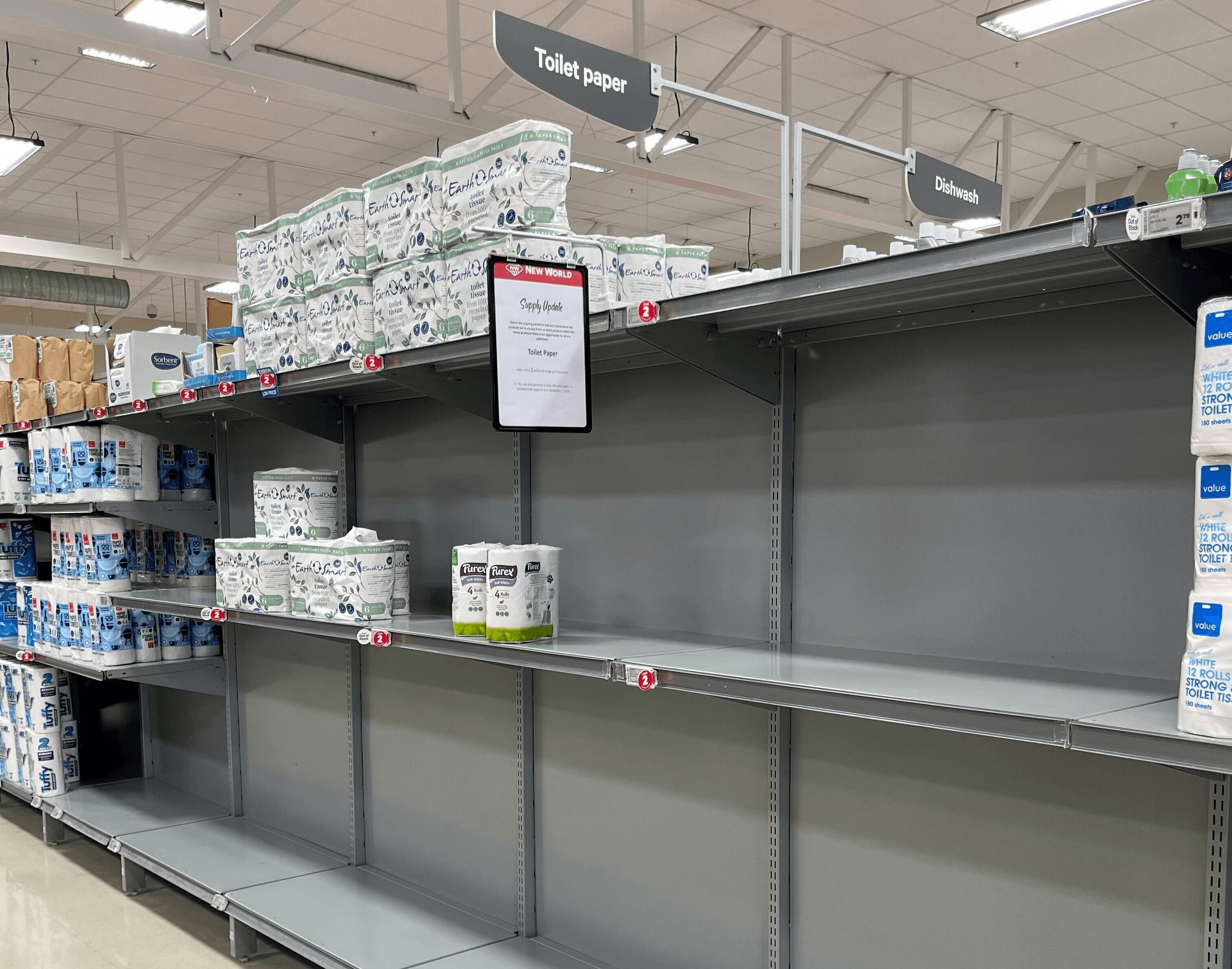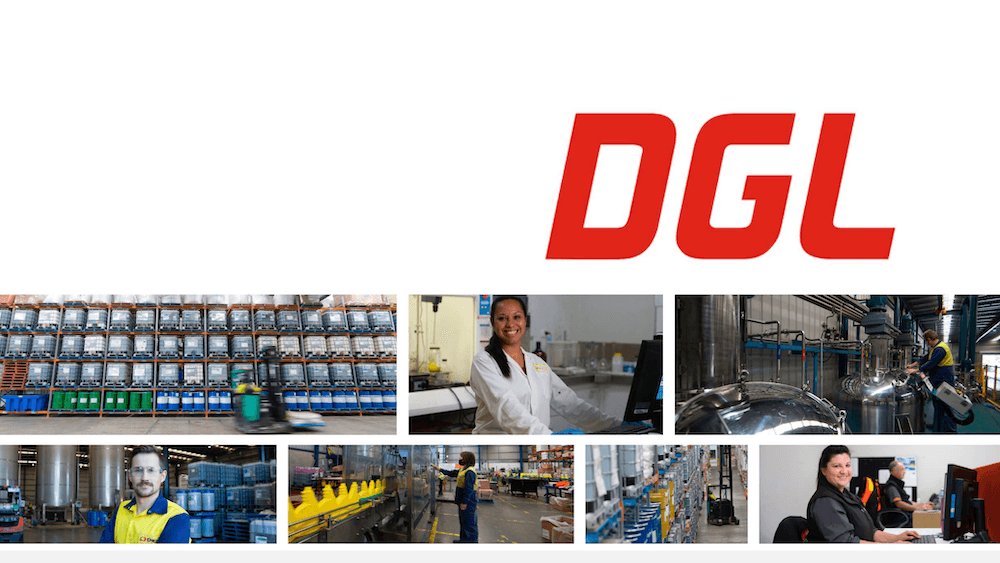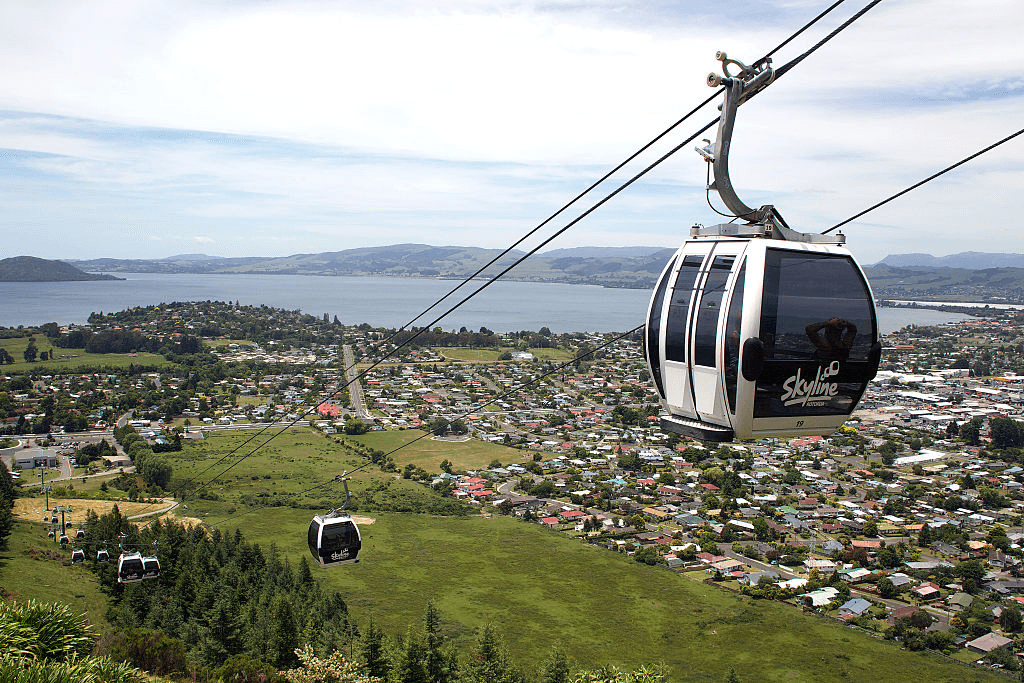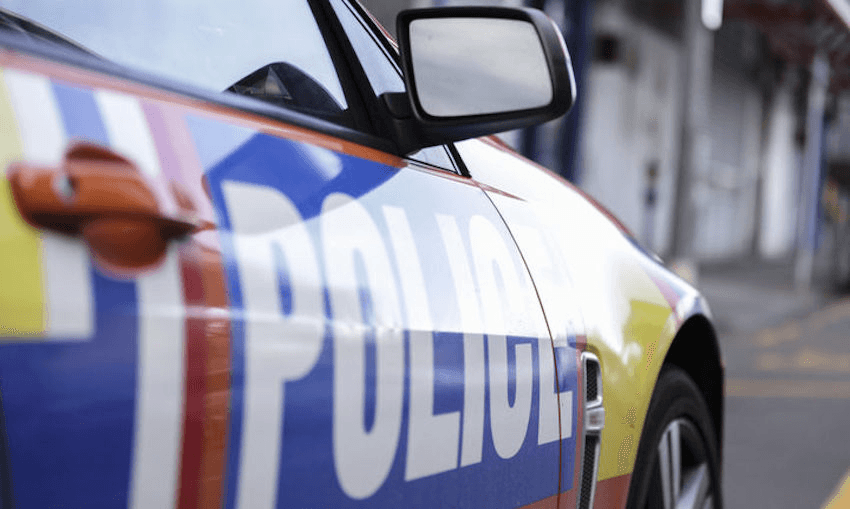A suite of policies targeted at curbing youth offending – including ram raids – have been given a boost by the government.
Dubbed the “Better Pathways” package, the programme involves an increased investment in policies already in existence that the government says have a proven track record.
Policies getting a cash injection include the Youth Guarantee Programme, which has been extended to support up to 1,100 more participants, He Poutama Rangatahi, which has been extended to support around 1,400 more rangatahi, and the Ākonga Fund, which has been extended to the end of 2023 to support up to 2,750 additional young people and their whānau.
“While youth crime is down on a decade ago, we’re seeing a spike of young people, even children, putting themselves and others in harm’s way through high-risk activities such as ram-raiding and smashing shops and we want that to stop,” said police minister Chris Hipkins.
In addition, all children aged under 14 in West Auckland who are caught doing a ram raid will be referred to the cross agency Social Wellbeing Board to intervene with wraparound support. The social development minister Carmel Sepuloni said this policy had resulted in a three quarter reduction in reoffending in the Counties Manukau area over the past four months.
“The success of this initiative in South Auckland is why we are extending it into West Auckland,” she said.
